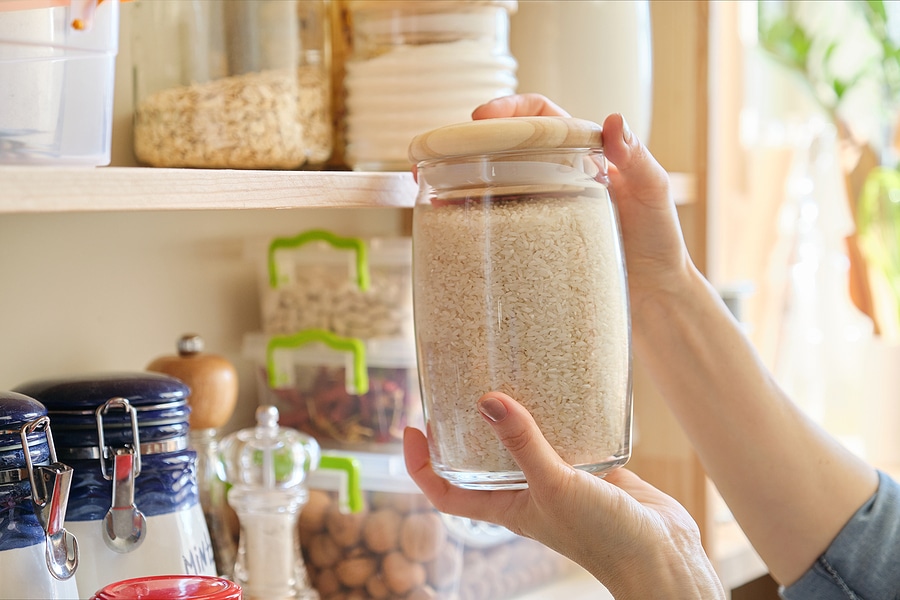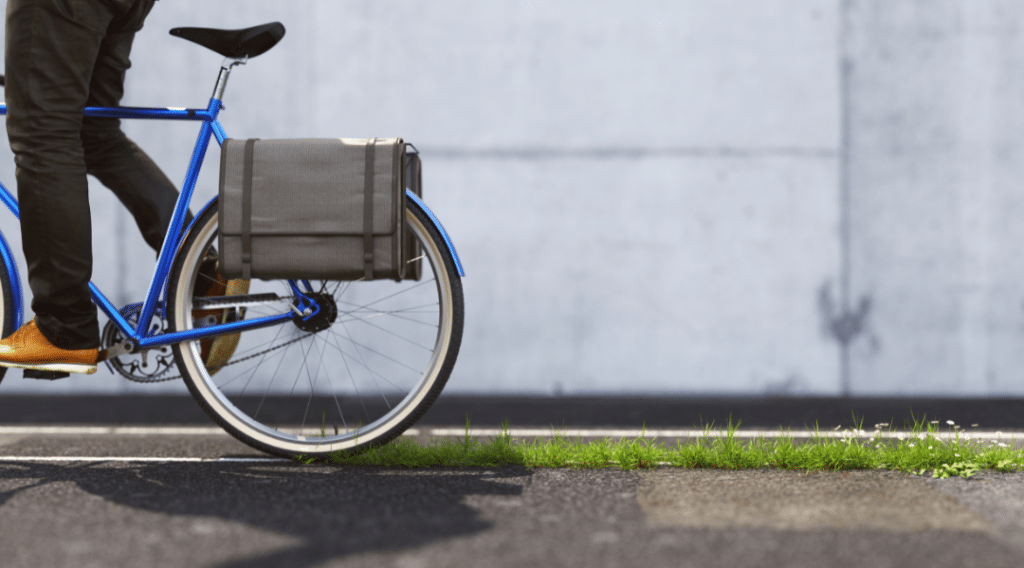Incorporating eco-friendly habits into your daily routine can also save you money in the long run while reducing your carbon footprint. Living an environmentally conscious life and protecting the environment are more important than ever in the present era. Considering the rising costs of electricity and other resources, adopting eco-friendly practices can be a fantastic way to lessen your impact on the environment while continuing to live your current lifestyle.
This article looks at some basic eco-friendly behaviors that can change your life and turn you into a proponent of sustainability.
Decrease Your Waste

Reduce your trash and live sustainably. Although it’s a straightforward idea, its significance grows as the world’s population rises, resources become more scarce, and environmental damage increases.
Making deliberate decisions every day to lessen our influence on the environment is what it means to live sustainably. Since it helps preserve natural resources, lowers pollution, and promotes material reuse, waste reduction is crucial to sustainable living.
Start cutting back on waste in your life in a variety of ways. Start by choosing reusable alternatives, such as metal straws or cloth bags for shopping trips, wherever you can.
Single-use products like straws, water bottles, plastic packaging, and bags should all be avoided whenever feasible. Additionally, instead of putting organic waste like food scraps into landfills where they take years to disintegrate, you can compost it or buy products with little to no packaging.
Utilize Eco-Friendly Products
As more and more individuals look for ways to reduce their carbon footprint, living sustainably is becoming a growing trend. Utilizing sustainable items is a terrific approach to lead a more sustainable lifestyle.
Organic cotton sheets are among the most effective commercially available sustainable goods, because organic cotton is grown without using fertilizers or chemicals, so it’s better for the environment and you.
Compared to conventional cotton sheets, organic cotton sheets have several advantages. The best organic cotton sheets don’t include any harsh chemicals that can irritate your skin, so they’re ideal for people with sensitive skin or allergies.
Additionally, organic cotton uses 91% less water during production than conventional cotton, preserving natural resources. Organic cotton sheets are not only better for the environment and your health but also wonderfully strong and breathable, so you can be sure they will last for a very long time.
Reuse Items

Reusing things and living sustainably are growing in popularity across all demographics. Together, we can improve the environment by implementing minor adjustments. Reusing products can provide us with a number of advantages, including a reduction in waste and our carbon footprint as well as time and financial savings.
We can prevent resource waste by reusing products like clothing, furniture, kitchenware, toys, and gadgets. By repairing or purchasing used things rather than brand-new ones, we can also lower the amount of energy needed to produce these items. Additionally, with the advent of sustainable living programs, choosing reusable storage containers over single-use plastic packaging has grown even more widespread in recent years.
Everyone must play their part, regardless of how minor the changes may be, to have a significant impact on creating a more sustainable future for future generations.
Recycle
Reducing our carbon footprint and leading environmentally friendly lives are essential components of sustainable living. Recycling products rather than simply throwing them away is one of the main ways we can support a greener lifestyle.
Recycling contributes to trash reduction, resource preservation, energy conservation, pollution reduction, and economic growth.
Plastic, metal cans, glass jars and bottles, cardboard boxes, paper products including office paper and newspaper, magazines, junk mail, and many more materials that are no longer needed or used can all be recycled. To ensure you recycle properly, these materials should be gathered separately from other garbage.
Protect Water

Conserving water is an excellent approach to begin leading a more sustainable lifestyle. In the long run, even tiny improvements in water conservation can have a significant impact. Without water, life on Earth would swiftly become impossible to sustain. We must learn to live in harmony with our environment by consuming less water and actively protecting this priceless resource if we want to ensure a sustainable future.
It’s crucial to save water whenever you get the chance. To save water, turn off the faucet when brushing your teeth, irrigate your garden with collected rainwater or greywater, and install low-flow showerheads and faucets in your home. Cutting the length of your shower, looking for faulty faucets, and shutting off the water while brushing your teeth are all tiny but substantial actions that, when carried out regularly, can result in large savings. While still allowing you to take a shower or do your laundry with ease, installing low-flow fixtures can also assist decrease water waste. Instead of using a hose or sprinkler to water your outside plants, think about producing compost instead. This will improve soil richness.
These small adjustments have a significant influence on our planet’s resources since they build up quickly. By adopting little lifestyle modifications, you can cut back on your water consumption, which is one of the most efficient methods to do so.
Use Sustainable Transportation

Using ecologically friendly forms of transportation, such as walking, cycling, or taking public transportation, is known as “green transportation.”
By using fewer fossil fuels, this eco-friendly mode of transportation can lower air pollution and save energy. Living a sustainable lifestyle, which has many advantages for both people and the environment, includes using green transportation.
People who opt for environmentally friendly transportation can save money on fuel expenses and gain the advantages of better physical health thanks to more activity. Additionally, commuters can contribute to bettering the air quality in their neighborhood by avoiding the vehicular emissions and traffic that single occupancy vehicles produce.
By setting an example, they might even encourage others to convert to more environmentally friendly modes of transportation!
Final Thoughts
Developing eco-friendly behaviors will benefit both the environment and you. Small adjustments like using reusable bags, buying energy-efficient appliances, and cutting back on food waste can have a big influence on how much garbage you produce and how it affects the environment.
These behaviors also benefit our health, happiness, and finances. Together, if we all make tiny progress towards sustainability, we can build a better future for future generations.






